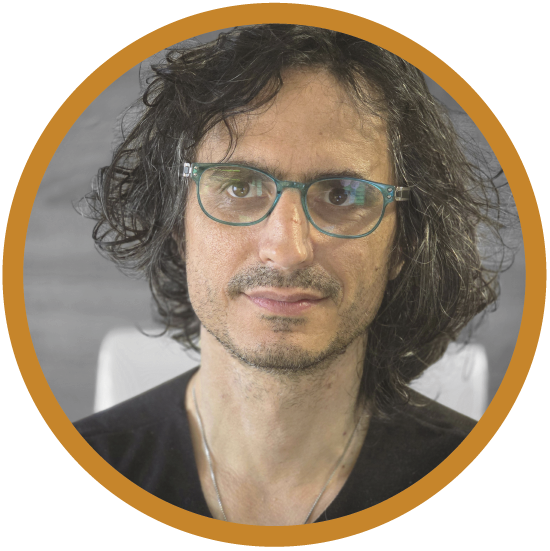The RISERS EU-funded project has entered its second project year in January 2025 and is continuously progressing its work towards the development of a comprehensive Industrial Symbiosis Standardisation (IS) Roadmap.
In spring 2025, a total of 10 thematic standardisation workgroups are being formed: 7 are dedicated to specific sectors such as metals, batteries, and packaging, while 3 are horizontal workgroups providing standardisation methodology with IS in mind. The division and agenda of these working groups are based on several studies conducted during the first phase of the project:
- An extensive analysis of approximately 800 international and European Technical Committees was undertaken by DIN to assess their relevance to industrial symbiosis. This was supported by a stakeholder survey shared among standardisation experts, practitioners, and policymakers. In total, 93 responses were collected, and the findings will be presented at the SES Annual Conference by Fraunhofer ISI.
- The University of Ghent reviewed more than 800 IS cases drawn from four databases—SCALER, AIDRES, EPOS, and MAESTRI. These were narrowed down to 10 high-priority industrial symbioses based on their potential to drive cross-sector resource-sharing partnerships. The selected synergies cases are aligned with the upcoming workgroups. This study also produced 10 fact sheets on key IS cases, which are publicly available on the RISERS website.
- Fraunhofer ISI and ISL have engaged policymakers in exploring regulatory challenges—particularly the interaction between End-of-Waste criteria and the definition of by-products. The results of these consultations will inform policy recommendations expected by June 2025 and provide input to the standardisation working groups. Dr. Simone Wurster of Fraunhofer ISI has already presented key insights into the future of standardisation.
Both the University of Ghent and Fraunhofer ISI are currently conducting interviews with policymakers (Fraunhofer ISI), industry representatives (Fraunhofer ISI), and IS practitioners (University of Ghent). These interviews are essential for RISERS’s second phase, helping to equip the working groups with real-time information on existing limitations and gaps in the standards landscape.
As RISERS enters this new phase, the combination of a rigorous review of the standardisation ecosystem, the targeted selection of impactful industrial symbioses, and active stakeholder engagement signals a shift from analysis to action. With the formation of standardisation working groups [WG factsheet], forthcoming policy recommendations, and continued collaboration, RISERS is well-positioned to address regulatory barriers and scale industrial symbiosis across Europe.

Yotam Yosef Avital
Enspire Science Ltd.


